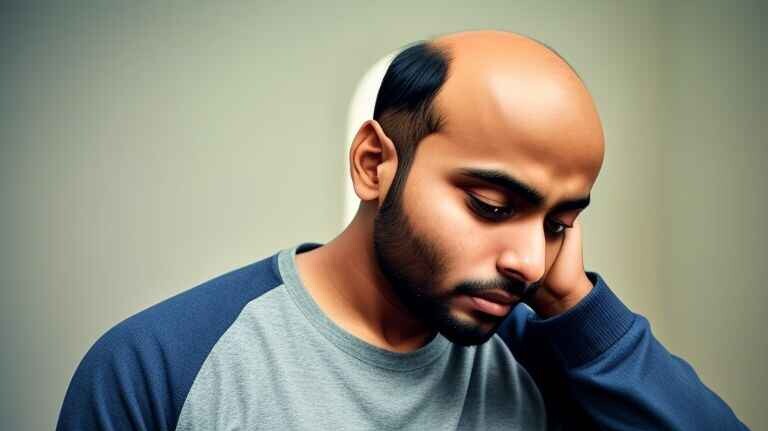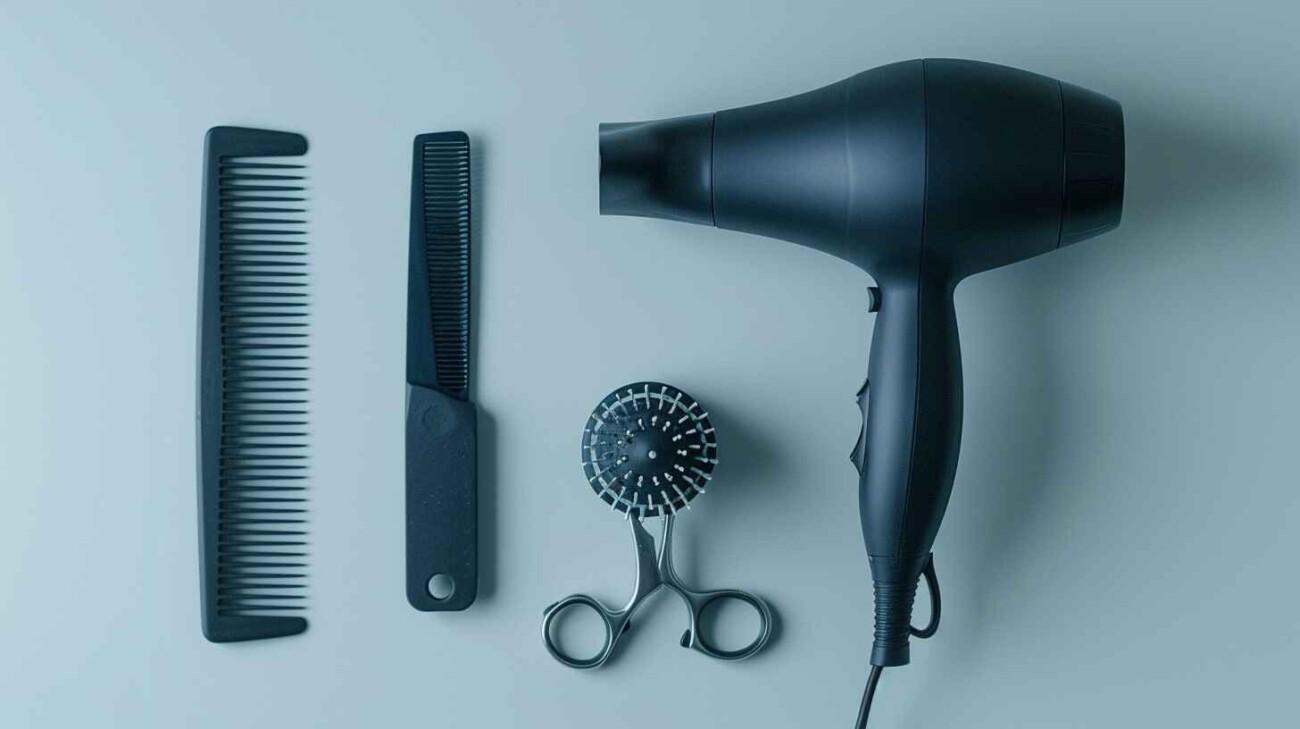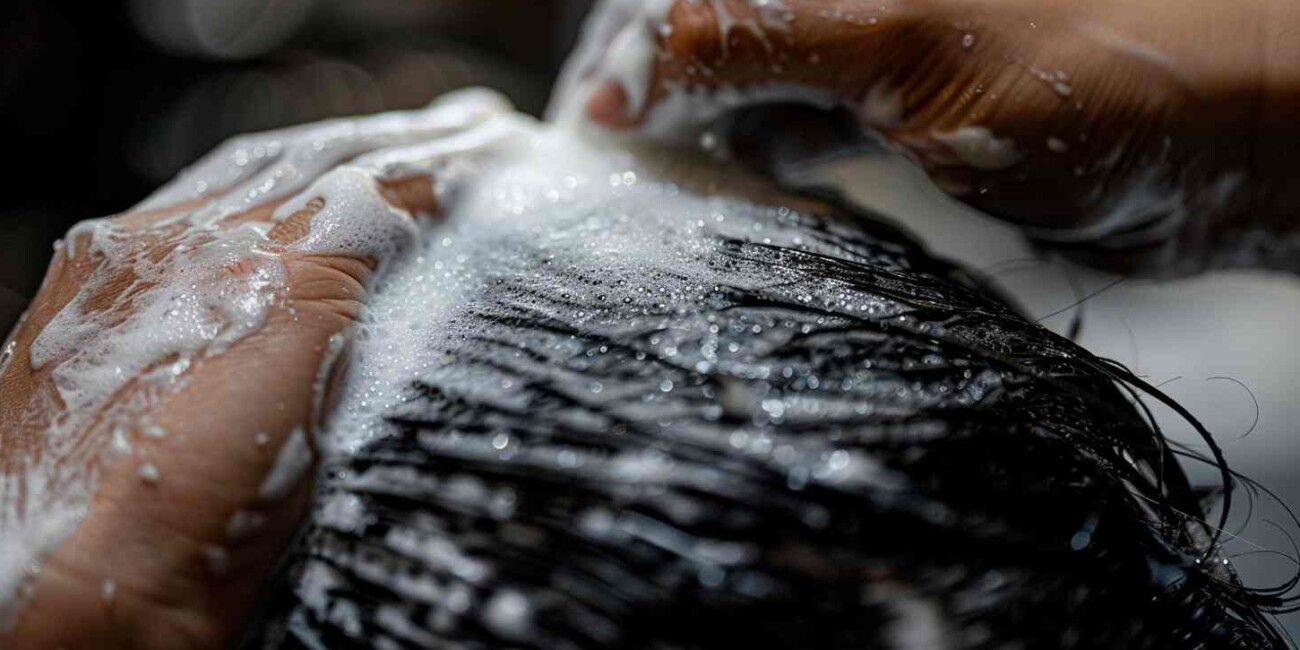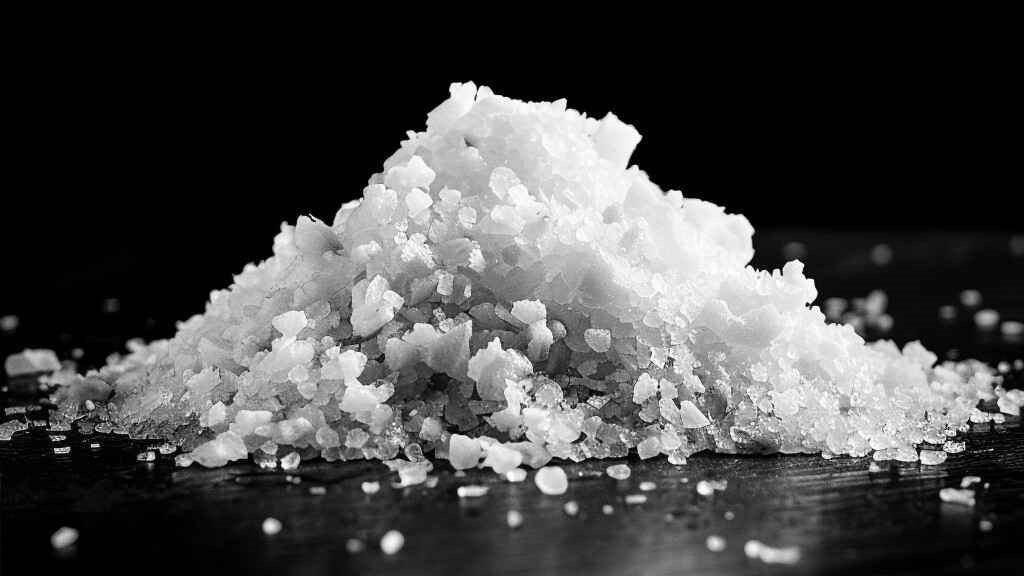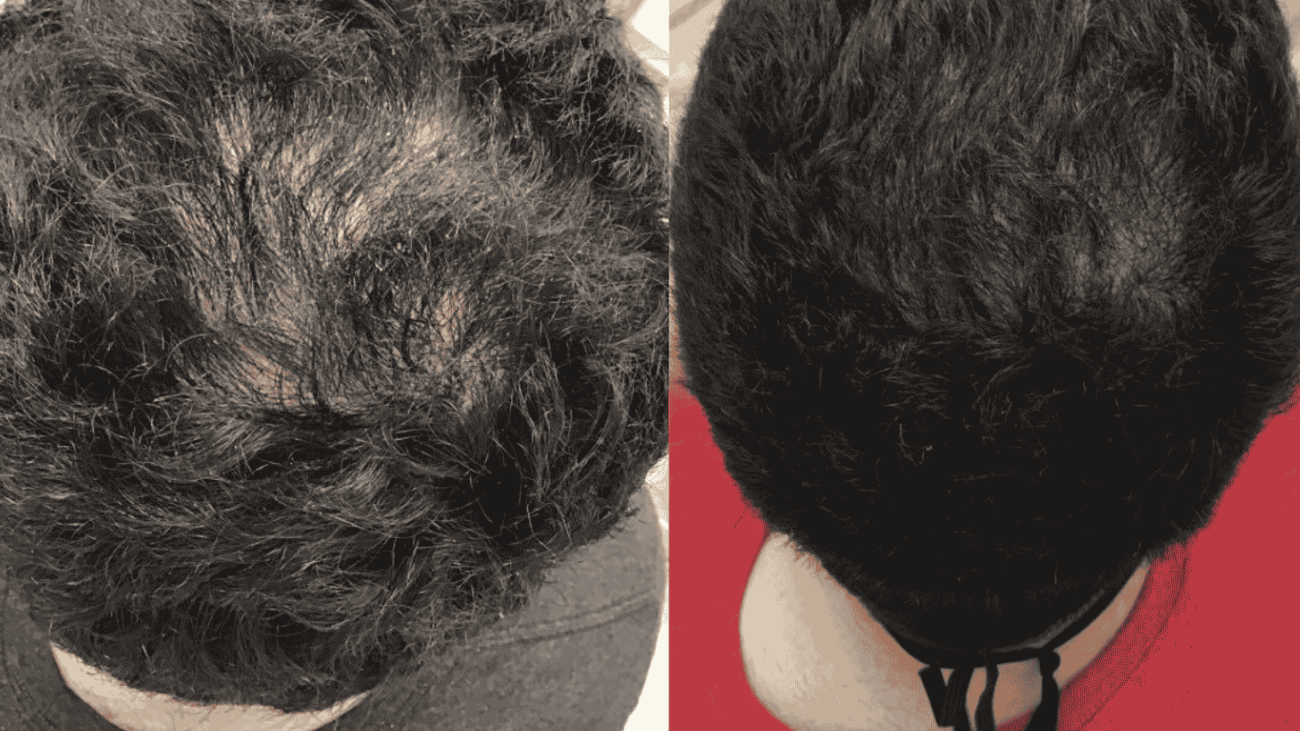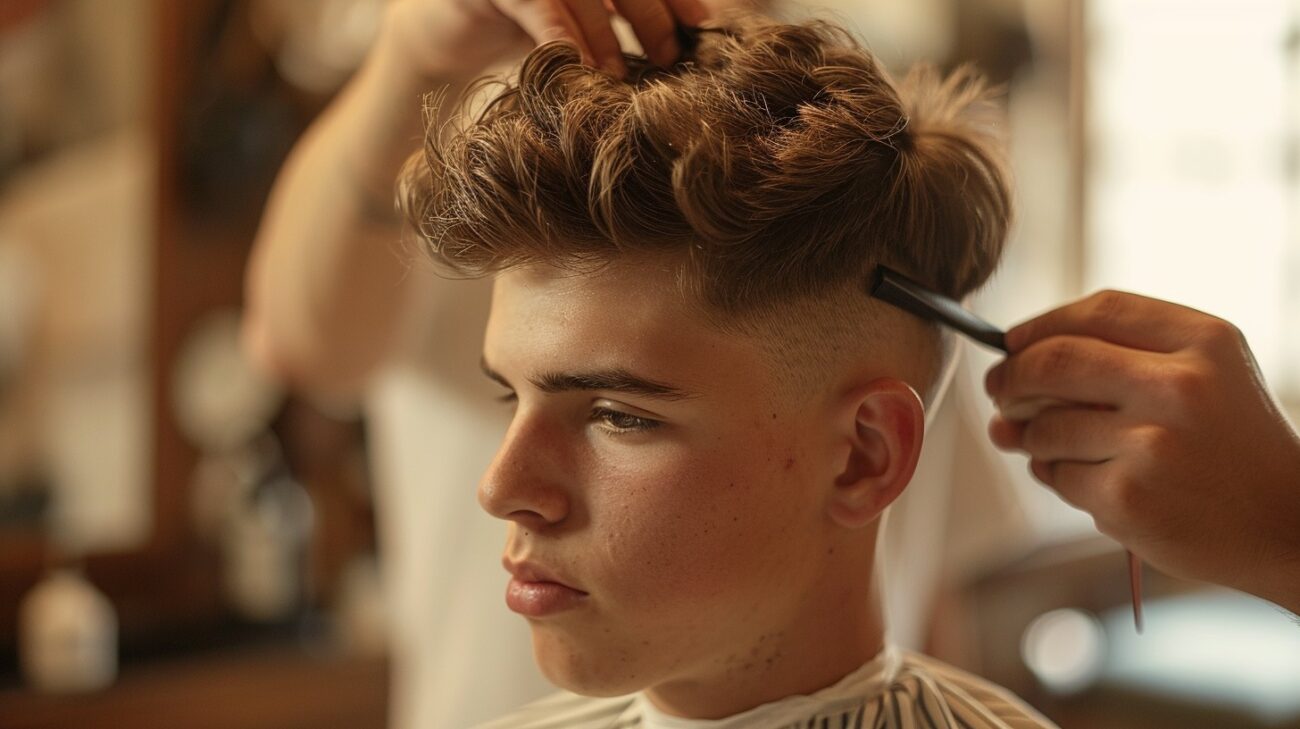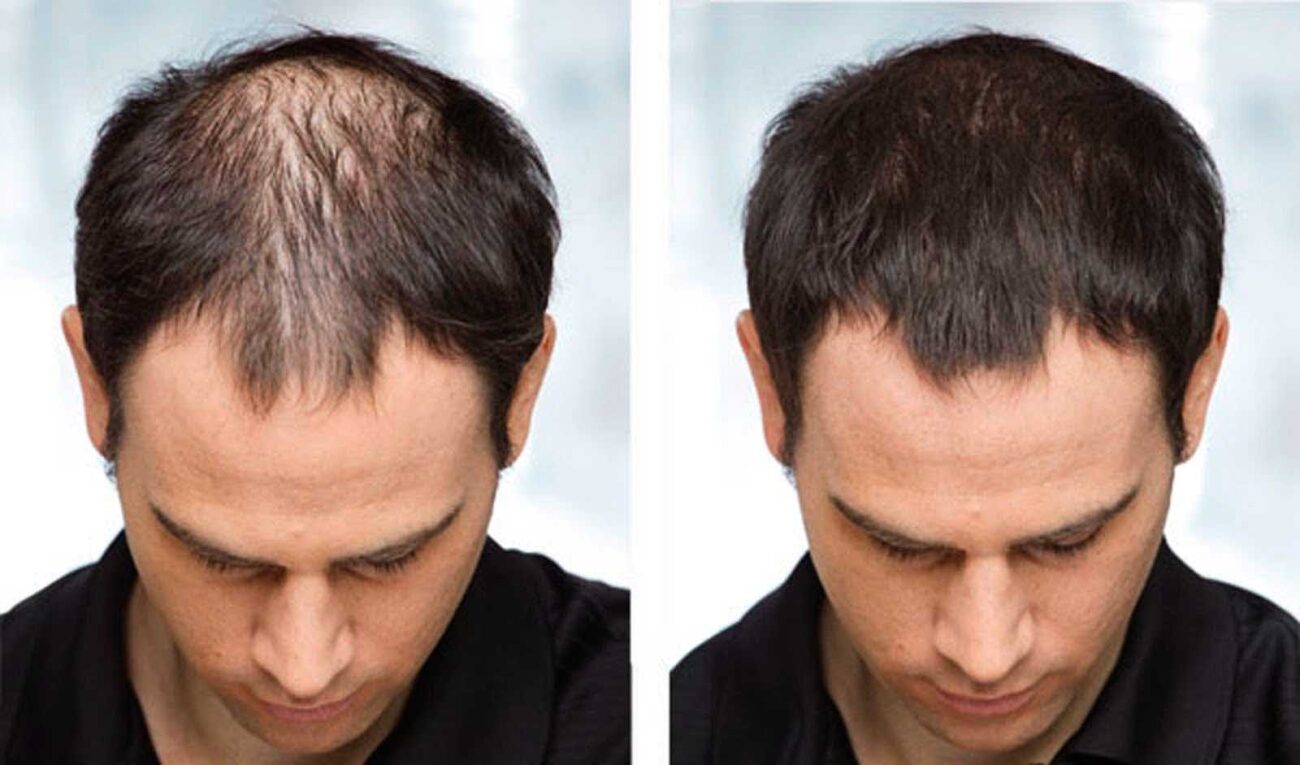One of the most common causes of hair loss is stress, a primal enemy no one can avoid. In the world of people coming from office workers to sweepers, stress has been one common danger for all. For people like us, it has become a necessity to balance work life and personal health in between stressful scenarios, which affect hair, leading to excessive hair fall. Regulating and managing stress might be the key to a healthy head and a peaceful life. Today, let’s look at how stress affects your hair and the preventive and handling measures you can take.
How Stress Affects Your Hair?
When we experience stress, our bodies react in various ways; this includes hair. To understand this connection, we must look at the science behind it.
The Science Behind Stress and Hair Loss
If you are a biology student, you might have come across the word "cortisol," aka "stress hormone," which gets released under stressful conditions. This hormone prepares our body for the fight-or-flight response by inducing an immediate action. But if your stress stays high too long, the cortisol could weaken your hair follicles.
During a strained circumstance, our body becomes hyperactive and fights to solve the problem. In such a state, involuntary moments like pupil dilation, excessive sweat, and hand shivering happens. We call this phenomenon a fight-or-flight response. However, the vital body parts alone engage in fuel fight-or-flight reactions. Other non-essential functions, like hair growth, stay behind. This cycle harms the hair life cycle and causes hairs to shed early.
Types of hair loss linked to stress
Stress triggers distinct forms of hair loss in certain individuals. Understanding which one you are dealing with can help you find the right solution.
Telogen Effluvium
This is one of the most common stress-related hair loss conditions. When you stress a lot, your body can push more hairs into the "telogen" phase. This is the resting phase of the hair growth cycle. After a couple of months, you may notice a significant increase in hair shedding.
Alopecia Areata
Extreme stress can trigger this autoimmune condition. Your immune system starts attacking your own hair follicles, leading to patchy hair loss. Managing stress levels often results in the regrowth of hair.
Trichotillomania
This is a psychological condition where stress causes you to feel the urge to pull out your hair. It helps some people cope with intense stress. But, it can cause noticeable hair thinning or bald patches.
How stress impacts the hair growth cycle
Your hair has three stages: anagen, catagen, and telogen. Anagen is the growth phase. Catagen is the transitional phase. Telogen is the resting phase. Stress affects the hair life cycle. This disruption shifts more hairs to enter the telogen phase. Only 10-15% of hairs are in the telogen phase at any given time. But stress can push 70% of your hair into the resting phase. As a result, you may notice an alarming amount of hair loss.
Signs That Stress Is Affecting Your Hair
It’s one thing to feel stressed, but how do you know if it’s actually impacting your hair? Here are some telltale signs.
Hair shedding increases
You might notice an uptick in the amount of hair left in your brush, on your pillow, or in the shower. This could be a sign of telogen effluvium. It causes stress to shed more hairs than normal.
Patchy hair loss
If you see circular bald patches or uneven thinning, you may have alopecia areata. It's often linked to stress.
Thinning Hair
Though not having large hair loss patches. Stress can cause gradual thinning. This makes your hair appear less voluminous over time.
Changes in Hair Texture
Stress can also alter the texture of your hair. It may become more brittle, dull, or lose its natural bounce due to the strain your body is under.
The Emotional Toll of Stress-Related Hair Loss
Hair loss, especially from stress, harms more than your looks. It can also cause great emotional pain.
Confidence and self-esteem issues
Hair is a big part of how we present ourselves to the world. Losing hair can hurt your confidence. It's tough when you see thinning or bald spots.
Anxiety and worsening stress levels.
The irony of stress-related hair loss is this: the more hair you lose, the more stressed you become. It creates a vicious cycle. Worrying about your looks can increase stress. This may cause more hair loss.
What You Can Do About Stress-Related Hair Loss
Don't worry if you see these signs. You can take steps to control stress and its hair damage effects.
1. Manage Your Stress Levels
Practice mindfulness and Meditation
The calmer you stay, the more your hair will grow. To keep yourself calm, try mindfulness practices. This includes meditation, deep breathing exercises, and yoga. The fact is that these practices help reduce stress levels. In turn, they help protect your hair from extensive loss.
Regular Physical Activity
Often, our mentors tell us to exercise at least 2 times per week. This is because exercise is a proven stress reliever. It releases a hormone against cortisol called endorphins. The endorphin release helps balance cortisol levels and improve well-being. The more you exercise, the less you experience stress.
Adequate Sleep and Relaxation Techniques
Sleep is an underrated medicine that most of us avoid to put ourselves forward. Quality sleep is necessary for stress management. Studies say no one can sustain themselves without sleep for more than 11 days. If done, they will be dead. This particular fact proves how important sleep is, not food, and not even water.
Always have a bedtime routine and limit screen time. Also, try relaxation techniques. Read or listen to calming music before bed.
2. Improve your diet.
A healthy diet can do wonders for your hair. Eat protein-rich foods like eggs, nuts, and lean meats. Also, eat leafy greens high in vitamins, like iron and zinc. They are essential for healthy hair growth.
Watch for nutritional deficiencies. Iron and vitamin D deficiencies are common in stressed people. A blood test can reveal whether you are lacking in these areas, and supplements can be a great help.
Also Read: Foods that help combat Dandruff.
3. Hair Care Practices to Protect Your Hair
Avoid Harsh Treatments and Over-styling. This may add extra pull to the hair strands, which results in unnecessary hair fall. Limit the use of heat tools, chemicals, and tight hairstyles. They can stress your hair even more.
Use gentle shampoos and conditioners. They should nourish, not strip, your hair. Look for ingredients like biotin and keratin to strengthen your strands.
Also Read: Top 5 Causes of Hair Loss with Solutions to Prevent It
4. Professional Treatments for Stress-Related Hair Loss
Not everyone has the same stress intensity. Some may need extra medications. Have dermatologist consultations. A visit to a dermatologist can diagnose your hair loss. They can also suggest targeted treatments.
Hair Growth Treatments (Minoxidil, PRP Therapy) OTC treatments like Minoxidil (Rogaine) can help grow hair. PRP therapy is another option. It involves injecting your own platelets into the scalp to promote hair regrowth.
Read: How to Choose the Best Hair Growth Serum - Full Guidelines
When to Seek Help for Hair Loss
If your hair loss persists or worsens, it might be time to seek professional advice. Look for a dermatologist under these signs.
Chronic Hair Shedding and Patches
If you have chronic hair shedding or large bald patches, consult a doctor. It's important to rule out any underlying conditions. Don't delay anymore.
Emotional Distress Due to Hair Loss
Sometimes, we might have to wonder if the mere thought of hair fall affects mental health or if poor mental health leads to hair fall. There is an interconnection between both. If hair loss affects your mental health, seek help. A therapist or support group can help you cope.
Now you know how stress affects one's hair and ways to manage it. Read our previous blogs and check out top-branded products here for more insights.









